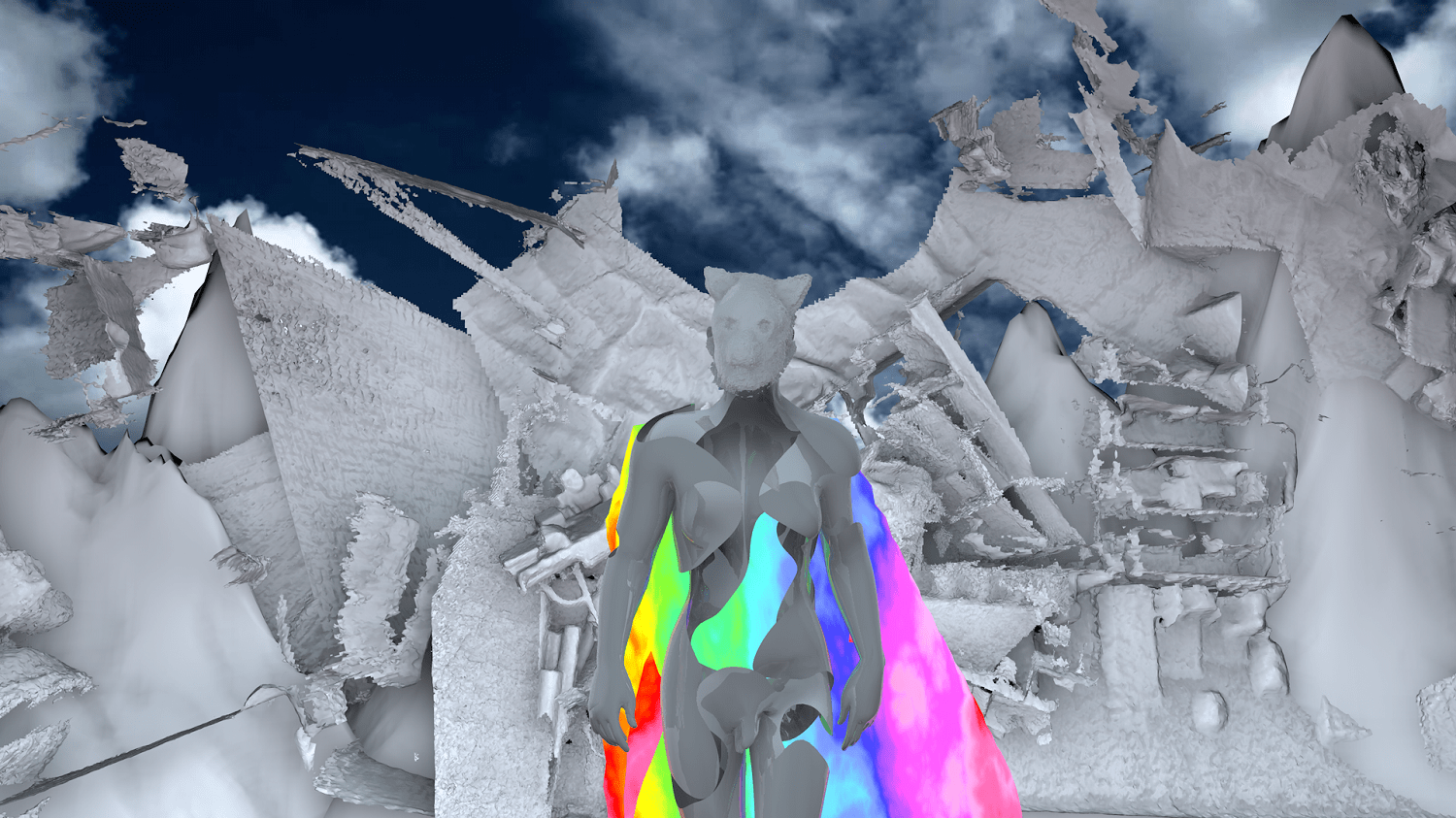Presented by Art + Australia as part of Melbourne Art Book Fair
Multinaturalism editor Tessa Laird talks to Chilean artist and curator Camila Marambio and trawlwoolway artist and educator Lauren Gower about the anthropological term “multinaturalism”. This term attributes personhood to all beings (animals, rocks, trees, rivers, mountains and humans) and assumes kinship between them. What does acknowledgement of kinship and personhood involve, and how might this help us to, in Gower’s words, “restore the future”?
Speakers
Tessa Laird is a Pākehā artist and writer. Originally from Aotearoa New Zealand, she lives in Naarm/Birrarung-ga and is Lecturer in Critical and Theoretical Studies at VCA Art, Faculty of Fine Arts and Music, University of Melbourne. She has been an art critic for more than 25 years and co-founded and edited two New Zealand art magazines: Monica Reviews Art and LOG Illustrated. She edited Art + Australia Online from 2017 to 2019.
Camila Marambio is a curator, private investigator, permaculture enthusiast, amateur dancer and writer. In 2010, she founded and now directs the nomadic research program Ensayos. Ensayos brings together artists, scientists and locals to exercise speculative and emergent forms of eco-cultural ethics at the world’s end. She is co-author of the books Slow Down Fast, A Toda Raja, with Cecilia Vicuña (Errant Bodies Press, 2019) and Sandcastles: Cancerous Bodies and Their Necro/Powers, with Nina Lykke (forthcoming).
Lauren Gower belongs to the trawlwoolway people of tebrakunna country / Cape Portland in northeast lutriwita / Tasmania, and currently lives in unceded Kulin country in Melbourne. She is a writer, artist and plantsperson who engages in place based restorative practices for country, community and self that centre First Nations ways of being, doing and knowing.
Film Makers
Tina Stefanou an Australian-Greek Melbourne-based artist working across performance, movement, experimental voice, sculpture, moving image and sound.
Peter Waples-Crowe is a queer Ngarigu artist whose practice is informed by his lived experience and
operates at the intersection of identity, blak spirituality and Australia’s ongoing colonisation.
Sebastian Wiedemann is a filmmaker-researcher and philosopher, working in the fields of experimental cinema and environmental humanities. He is also editor and curator at Hambre | espacio cine experimental. He is the author of Deep Blue.
Print copies available: Art + Australia, Multinaturalism
